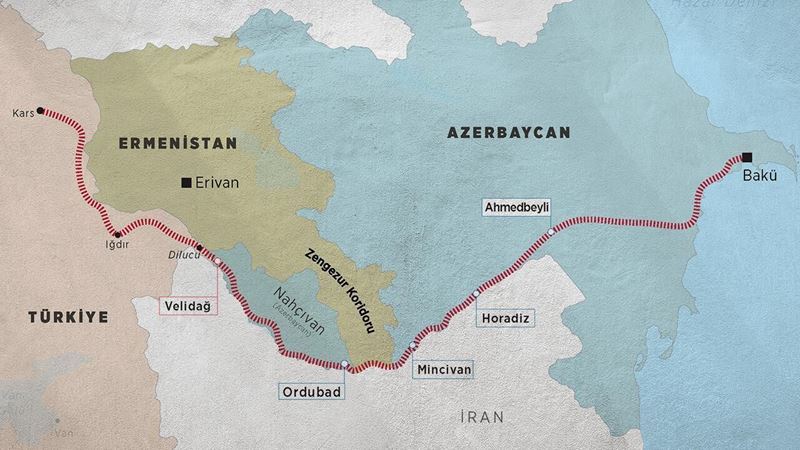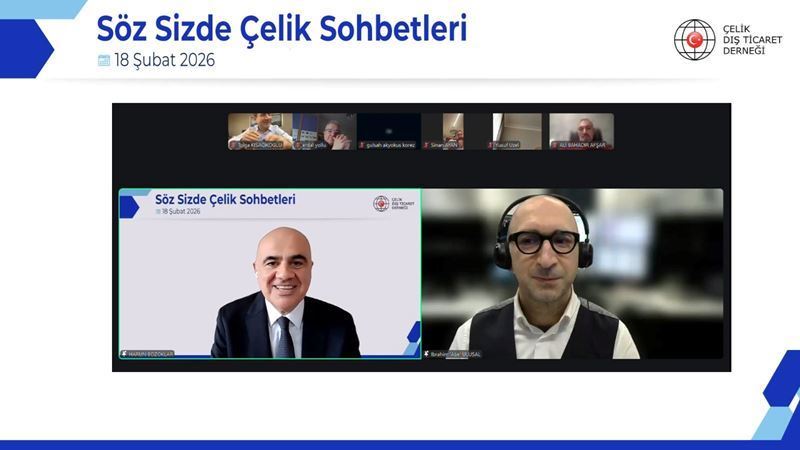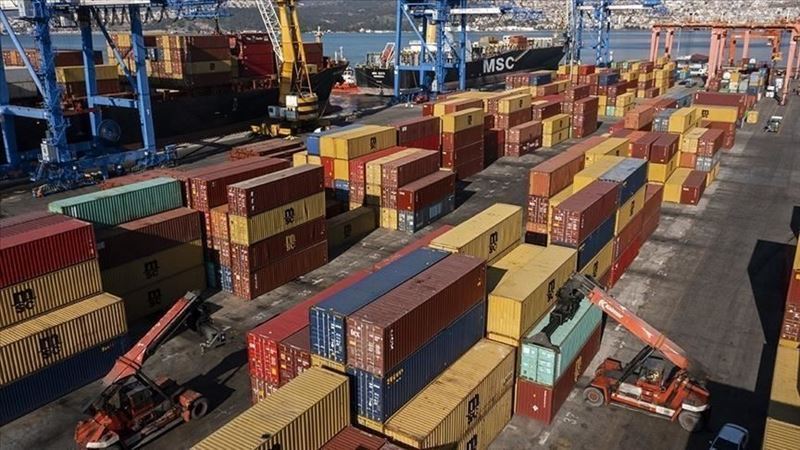Minister Uraloğlu stated that the project is not merely a railway line but one that will reinforce Türkiye’s geo-strategic leadership and make an impact on the international stage. He noted that the line will strengthen Türkiye’s export targets, broaden the horizons of young people, and bring prosperity to industrialists and tradesmen.
Highlighting the line’s contribution to regional and global trade, the Minister underlined that the Zangezur Corridor carries socio-economic, geopolitical, and geo-strategic significance by linking Central Asia, the Caspian region, Azerbaijan, and Armenia to Türkiye. Stressing that the corridor will expand the railway network between Azerbaijan, Türkiye, and Armenia and create positive outcomes for regional and global trade, Uraloğlu added that with the construction of the sections in the Nakhchivan Autonomous Republic, Armenia, and Azerbaijan, the Zangezur Corridor will make the international trade route from China to the United Kingdom more efficient.
He emphasized that the line will support global logistics networks such as the Trans-Caspian Transport Route and the International North-South Transport Corridor, strengthening Eurasia’s supply chains. Uraloğlu said it will also contribute to production capacity, exports, and transport infrastructure in Eastern and Southeastern Anatolia. In addition, he pointed out that the line will support the development of the tourism capacity of the Mediterranean region, becoming one of the main lines connecting the Black Sea, Aegean, and Mediterranean by rail within Türkiye.
Uraloğlu stressed that the project will enhance Türkiye’s cooperation with regional and global actors, increase its geopolitical and geo-economic importance, and, under the leadership of President Erdoğan, embody Türkiye’s vision of mediation and contribution to regional peace. He underlined that the project reflects a vision that considers the future of global trade, showing that Türkiye is not only pursuing its own interests but also the prosperity of all regional countries.
He noted that the project will bring the historical and strategic importance of Kars to the forefront, open Iğdır’s agricultural and industrial potential to global markets, and turn Aralık and Dilucu into key points in the Zangezur Corridor’s international trade network. Uraloğlu also mentioned that Türkiye is continuing other major railway projects, such as the Halkalı-Kapıkule, Ankara-İzmir, Karaman-Ulukışla, Bandırma-Bursa-Yenişehir-Osmaneli, Mersin-Adana-Osmaniye-Gaziantep, and Yerköy-Kayseri high-speed railway lines. He announced that the railway network will be expanded to 17,500 kilometers by 2028 and 28,600 kilometers by 2053, with freight transport’s share rising from 5% to 22%.
Minister Uraloğlu expressed that the Kars-Iğdır-Aralık-Dilucu line will increase Türkiye’s logistical strength, competitiveness, and efficiency, making a mark on the international stage while paving the way for unity, prosperity, and peace. He described the project as a work that will be built with the efforts of everyone from workers to engineers, wishing it to bring benefits to the region, the nation, and the world.
Providing information on financing, the Minister said that the €2.4 billion investment was secured through external loans, that there are no obstacles ahead, and that all necessary coordination has been ensured. He noted that the line will be completed within 4–5 years and put into service for citizens.
The tender for the “Kars-Iğdır-Aralık-Dilucu High-Standard Railway Construction Project,” conducted by the Directorate General of Infrastructure Investments (AYGM), was awarded to the Kalyon Construction–Cengiz Construction joint venture, with which the contract has been signed.











Comments
No comment yet.